Most Overwatch fans likely know Jen “LemonKiwi” Pichette as the bubbly, excited voice bringing them the action during Overwatch Contenders and the Overwatch World Cup. Though she’s a longtime caster and staple of the community, many people likely don’t know she moonlights as a tank hero enthusiast.
That’s why developers handed her the responsibility of crafting tank changes for the Feb. 10 Creator Experimental Card, which gave four of the community’s creators the opportunity to make tweaks to their favorite roles. All four had only a week to draft up changes and deliver their propositions to the developers.
As a tank player in a lower competitive rank (Diamond) and a caster who sees the best of Overwatch’s talent, LemonKiwi has experienced the highs and lows of trying to defend a team. She gave Dot Esports an exclusive look into the process of developing changes and solving some of the problems facing tank players.
Inspirations
Tank players in Overwatch have been critical of the experience for years, noting that extensive crowd control abilities have altered how their role feels. “Tank is not a fun experience, and why is that? I’m trying to identify the problem and think of a solution,” LemonKiwi told Dot Esports.
As someone who plays tank heroes in numerous games, LemonKiwi was very inspired by the space-creating abilities of tanky heroes in League of Legends. Those characters, she said, can “contribute in a different way” to teamfights instead of getting eliminations, like bringing enemies in for a kill or being a distraction.
“I wanted to go back to what a true tank role is,” LemonKiwi said, focusing her patch changes on minor or major alterations to mobility, health, and survivability for Overwatch’s tanks.
“In Overwatch, you jump in and you die,” she said. “You don’t have the health to survive or to do anything.”
She felt that tanks, particularly those in Diamond ranks and below, didn’t have time to think or reposition. This left them vulnerable to instant elimination and a lack of team play. These changes for survivability and more mobility are made with those players in mind, but the higher echelon of Overwatch was also consulted.
“I know that I’m at a Diamond rank, so I really wanted to make sure whatever I interpret or have ideas around, I vibe check it with people who are [Grandmaster],” LemonKiwi said, noting she interviewed at least half a dozen other tank players when creating her changes.
Changes
Overall, LemonKiwi reduced the damage output of tanks by 50 percent, which she admits is likely a contentious topic. Considering the amount of health, armor, and abilities given to tank heroes, she worked with the adage of “if you giveth, you must taketh away.”
A big concern was unseating one of Overwatch’s least popular metas: double shield, or the selection of both Orisa and Sigma to create a nearly-endless flow of shields to protect allies. To do this, Orisa was eyed for the biggest rework of the patch.
“An unfun part of the tank experience is having to play double shield against double shield, so I wanted to encourage people to be more mobile with Orisa,” LemonKiwi said. In the live game, Orisa’s kit mostly rewards a totally immobile style of play. For the patch, she decided to give Orisa abilities more befitting her lore and build: “Why not give her the War Horse identity she deserves?”
By giving Orisa extensive mobility changes and adding a “kidnap” mechanic that alters her Halt ability—LemonKiwi’s personal favorite change—the horse hero is turned into an actual galloping menace that promotes team play instead of hiding behind shields. With that, double shield is effectively silenced.
Similarly, LemonKiwi worked to make Roadhog a less “selfish” hero for players to use. At all levels of play, Roadhogs tend to wander off on solo flanks, hooking enemies and becoming a hassle for the rest of their team.
Enter the idea of team-wide buffs when Roadhog uses his secondary ability, Take a Breather, that only happen when he’s surrounded by at least one teammate. “I wanted to encourage people to play Roadhog more with their team and for Roadhog to actually become an off-tank–a tank that could play with other tanks,” she said.
For other heroes that are popular at all ranks, like Winston and D.Va, the changes were far more difficult to create. Those heroes mostly received buffs to their mobility or health instead of wild, full-kit changes.
Some of LemonKiwi’s proposed changes tragically didn’t make it into the final cut put out by the developers. She suggested that D.Va’s “Sit” emote be used to let her tactically crouch while in Mech form, but it turned out to be too heavy of an animation job for the developers.
The difficult process
After every Overwatch patch is put out into the world, whether it’s handmade by the community’s creators or the usual developers, pushback is often swift and merciless. LemonKiwi said the week of creating her own changes from nothing was stressful and overwhelming.
“The process was super eye-opening in terms of what Overwatch developers go through. Just looking at tanks, I spent countless hours over a week doing math, learning [the Overwatch] workshop,” she said, taking her ideas into custom modes to see how they worked. “I learned a lot about how impossible it was to balance a patch for everyone to love. It was so hard to take into account what I wanted to buff and nerf because everyone uses the characters differently with different success rates.”
Though she had a lot of contact with developers, the creators weren’t given time to playtest their changes before the launch. In addition, the four creators didn’t consult each other about changes, which is something LemonKiwi hopes changes for the next batch of mad geniuses.
“I think it would be important for the next set of creators to do that or for Blizzard to push for that,” she said. “It’s kind of like everyone wrote a paragraph of an essay and submitted the essay with all these separate paragraphs. It’s not going to be cohesive.”
With a background in science and research, LemonKiwi relied on interviews and tests to craft her theories about what tank changes would benefit the community. She even reached out to unexpected sources to give them an opportunity to create change.
“I interviewed the people who were the loudest and most critical in the community when it came to patches,” she said, noting she expressed her ideas and asked for feedback. “What damage percentage [do you want], what armor percentage? And they’d be like, ‘I don’t know.’ So many people want to criticize and nerf and buff, but they have zero clue on how they would actually achieve that.”
Though a patch will never please everyone in the community, LemonKiwi believes she’s done her due diligence. “I’ve considered the problem, I’ve considered the solution,” she said, scrolling through an extensive PDF of changes and analysis that would be at home in any science department.
“You want a change? Don’t be upset if I’m trying to change it.”


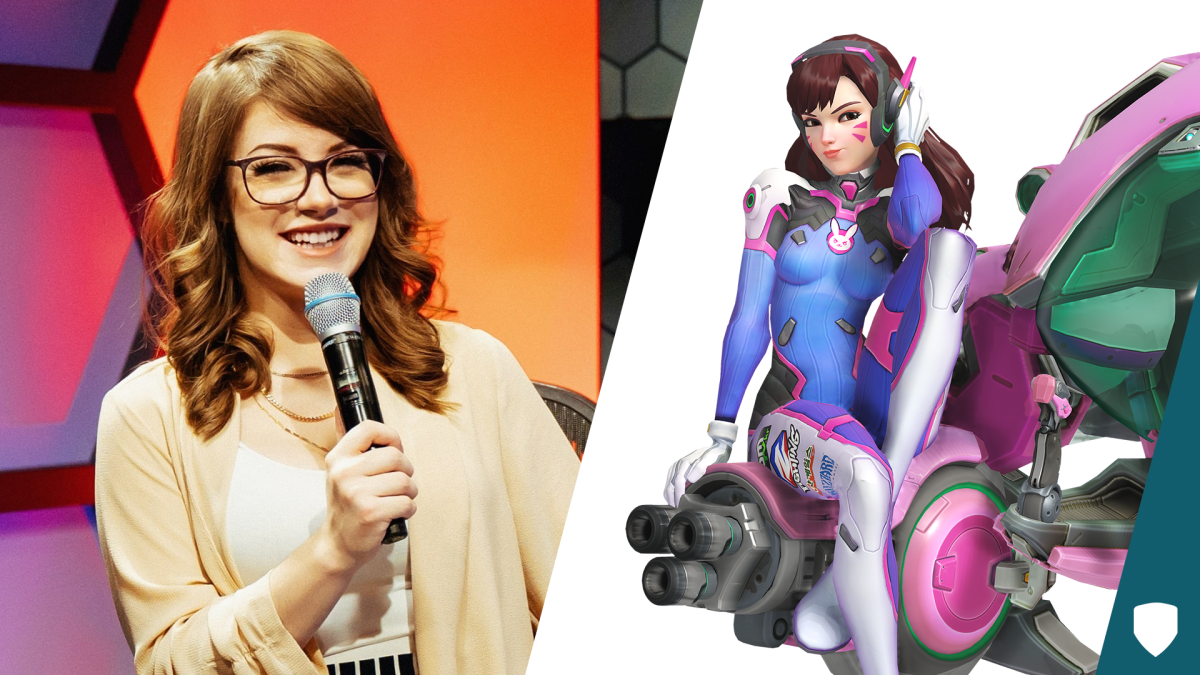
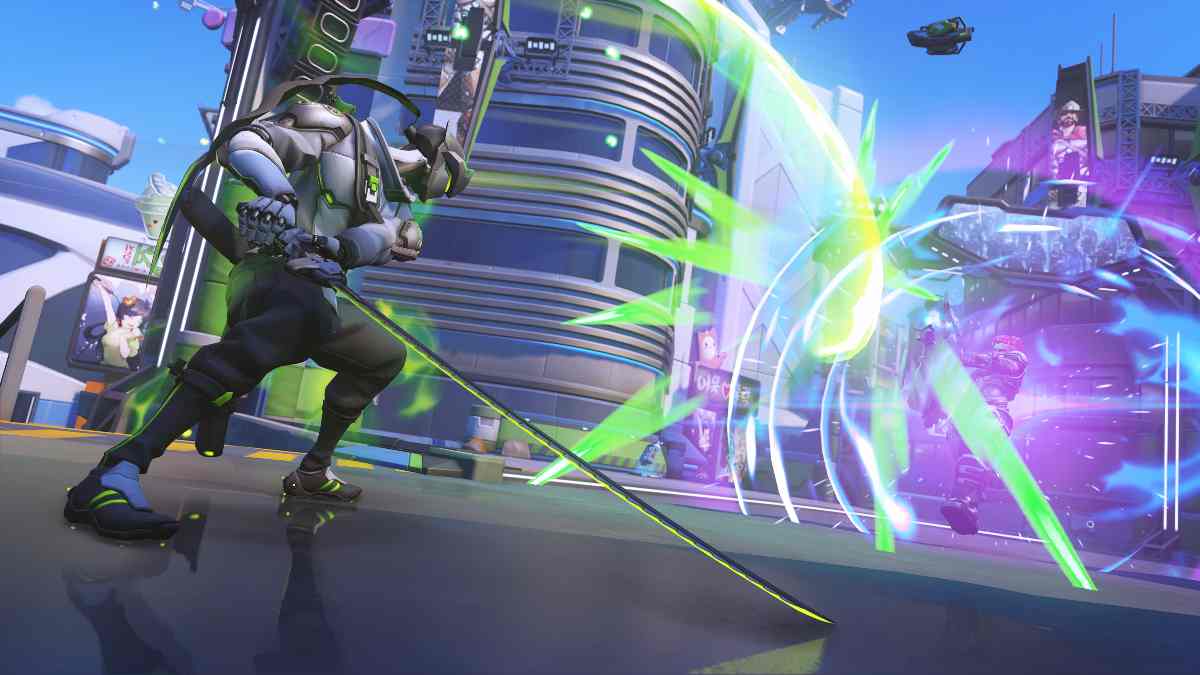
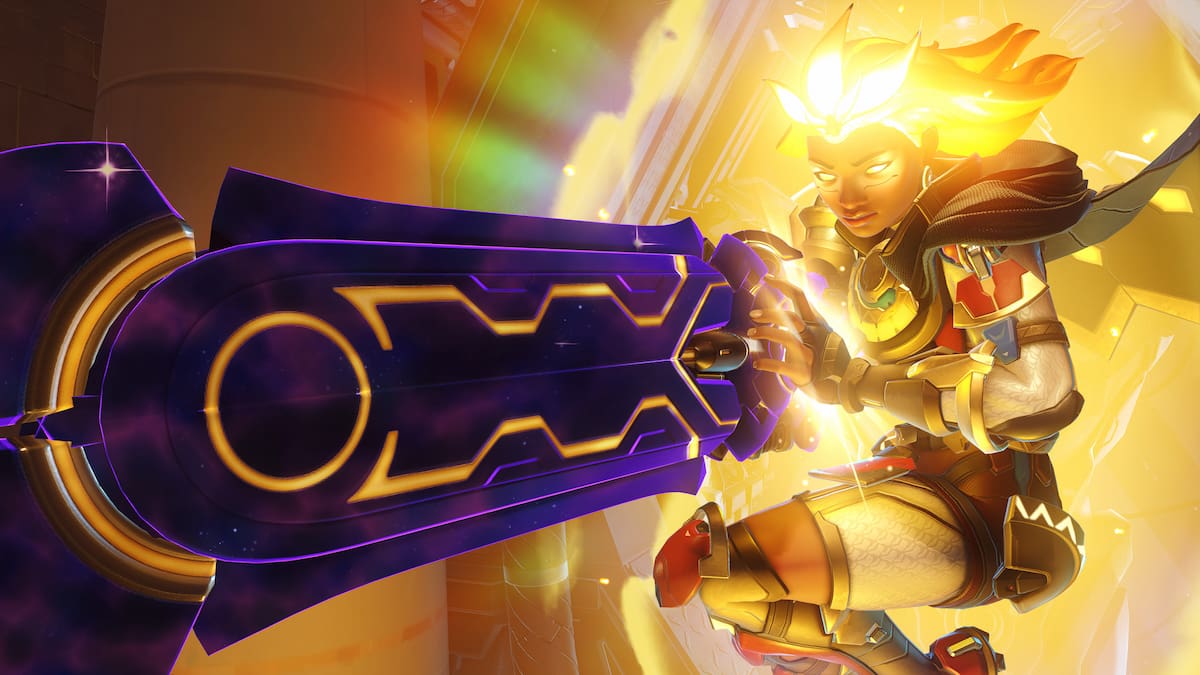
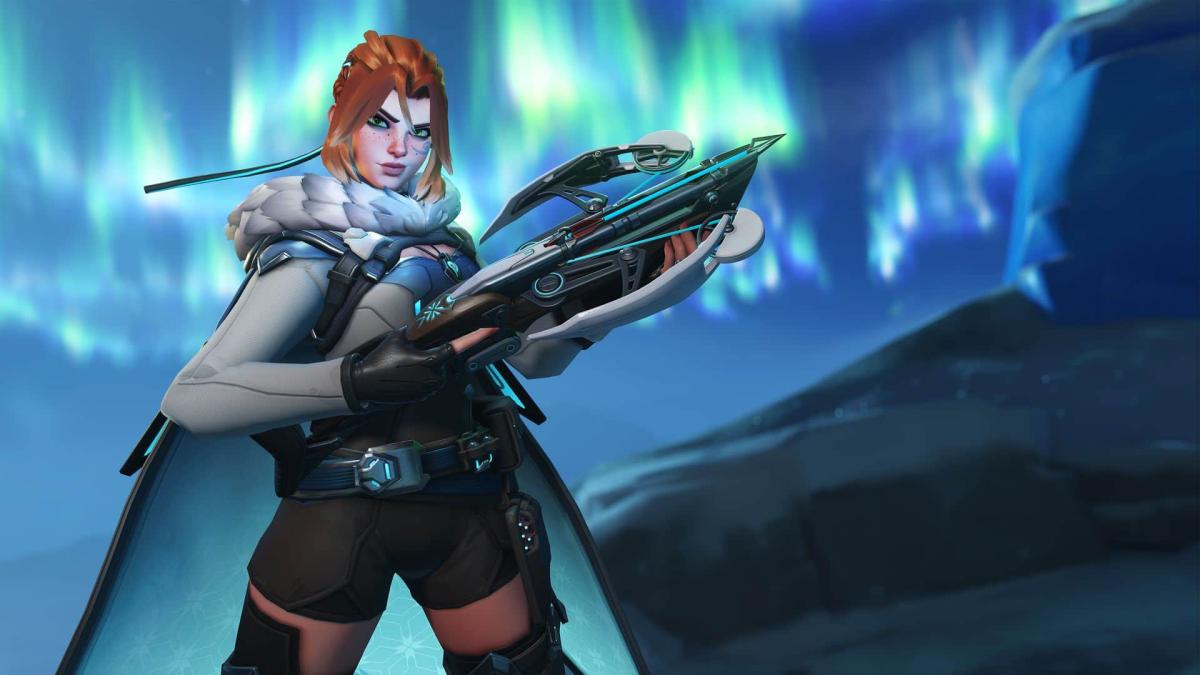


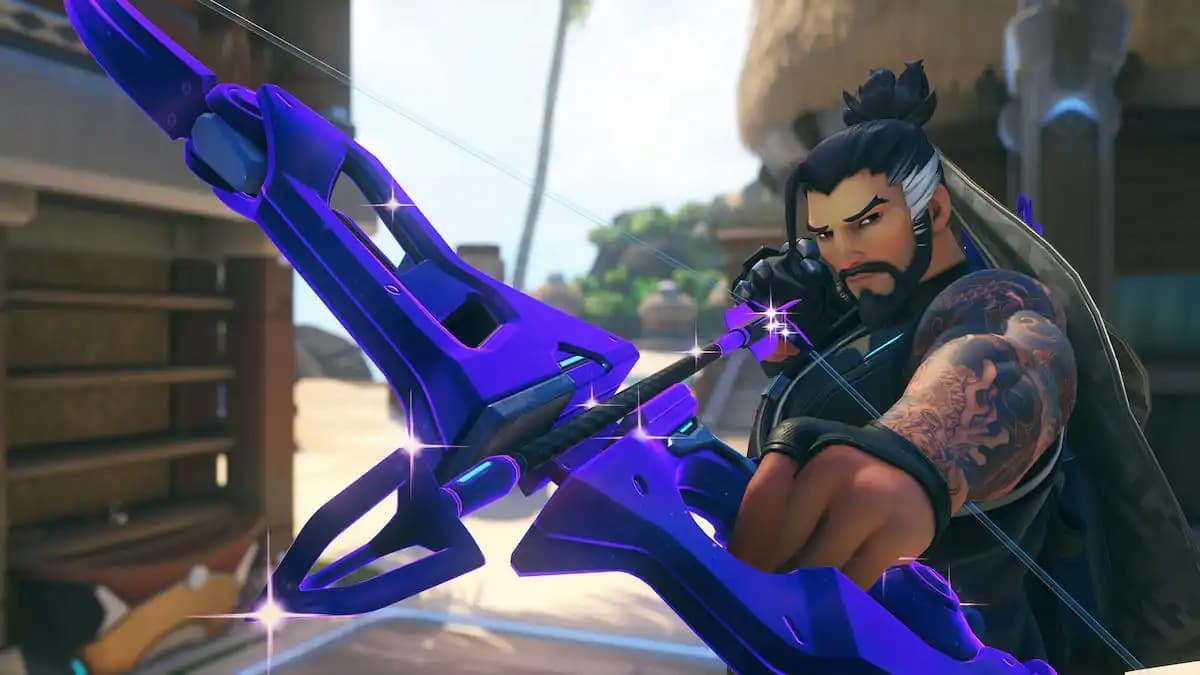

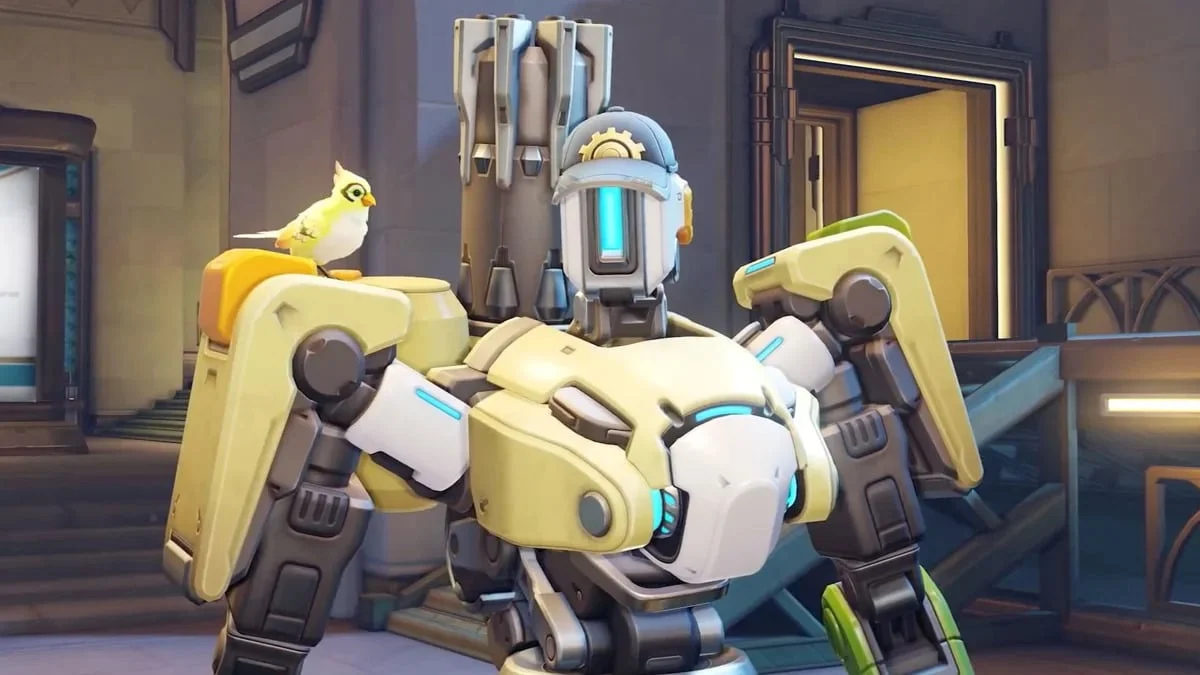
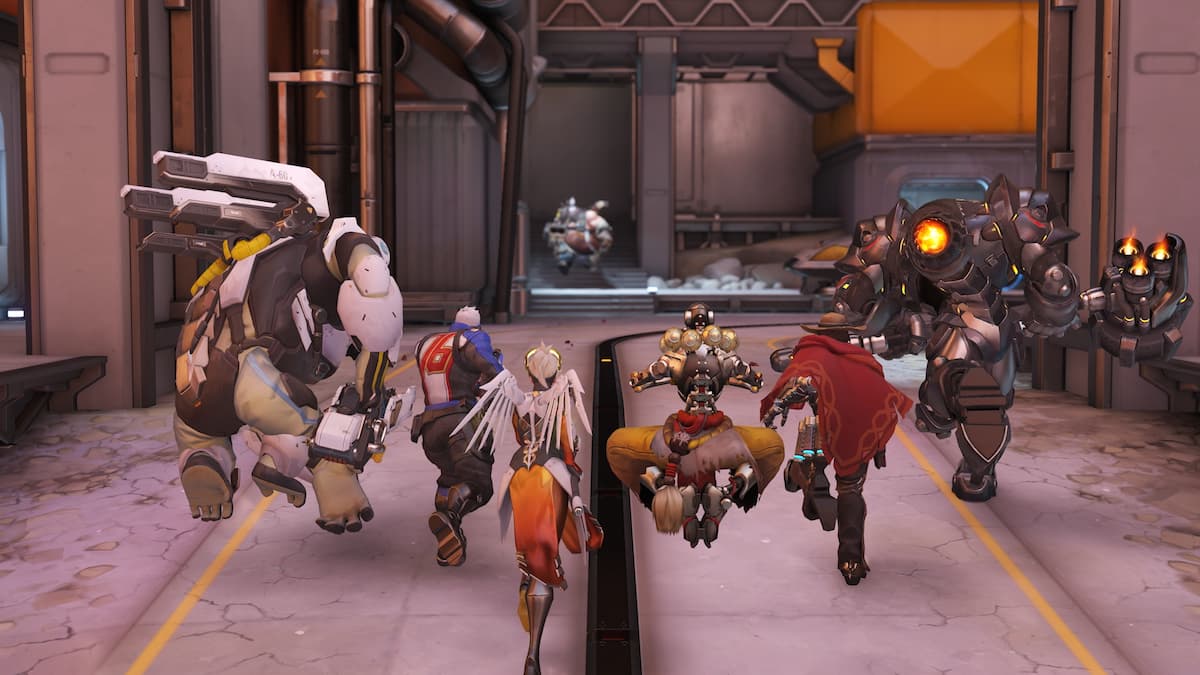
Published: Feb 10, 2022 05:43 pm